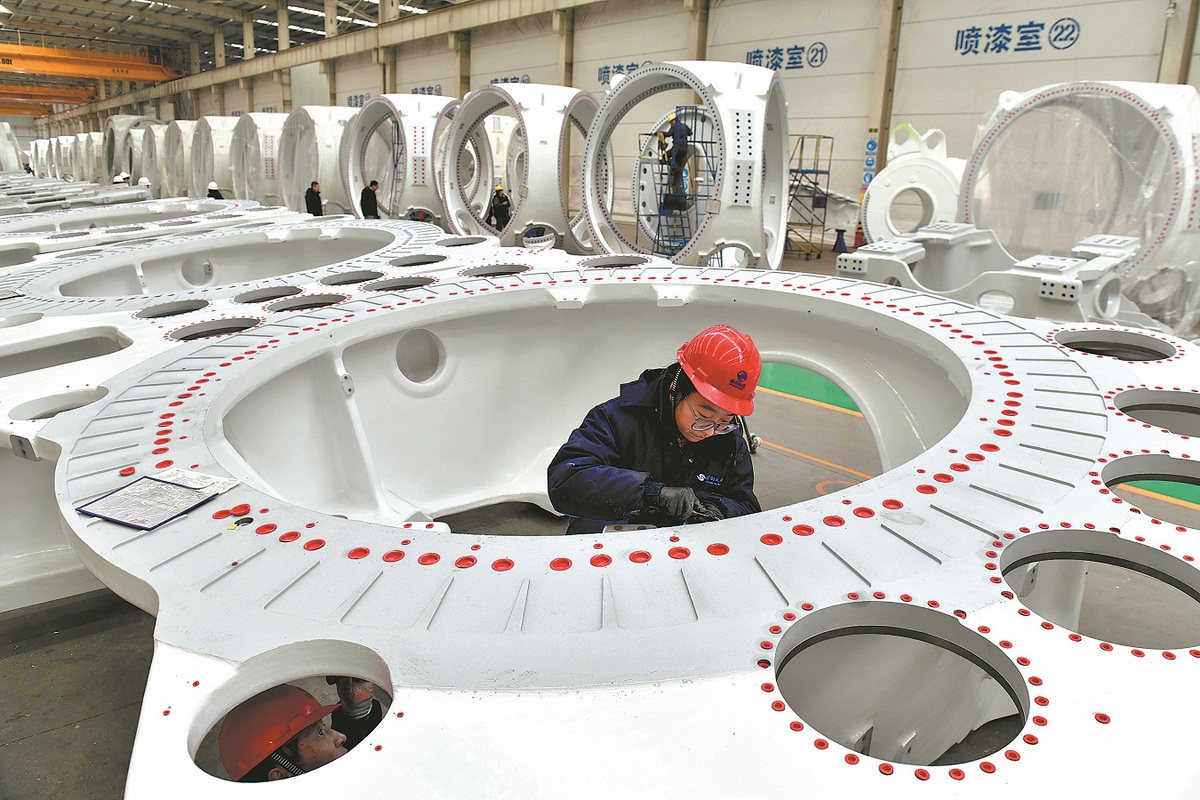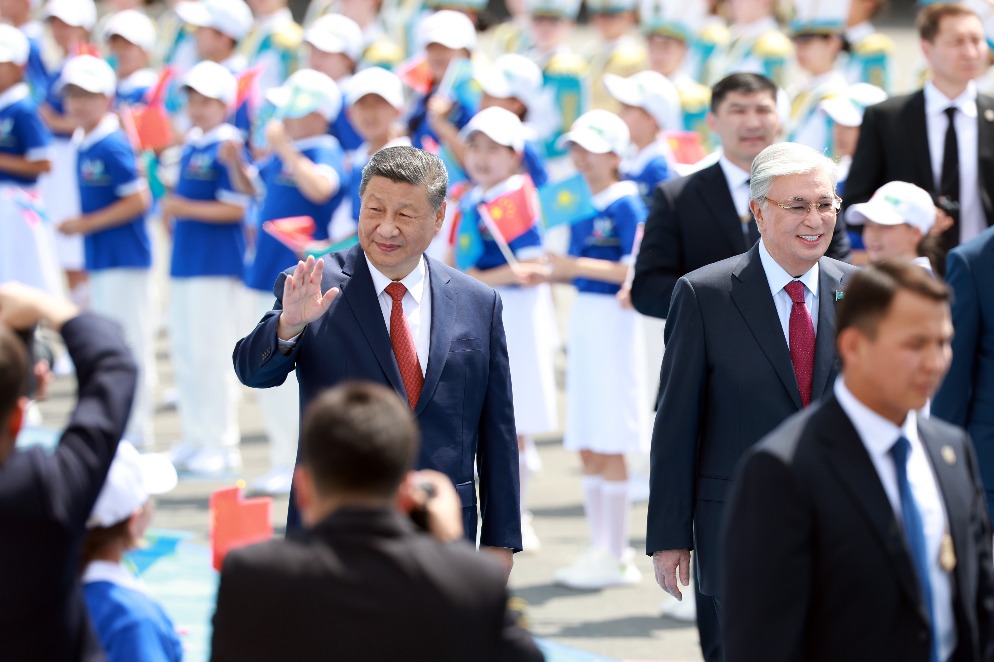Adaptability key to nation's environmental progress
Country's ability to swiftly change course has given it edge in green shift


Editor's note: China Daily is publishing a series of stories to illustrate the country's efforts to achieve carbon peaking and carbon neutrality goals.
Having engaged with China since 1980, international advocate for green development Martin Lees is a firsthand witness to how the country has transformed over the past 40 years, from being a place with very few high-rise buildings and few private cars to a strong nation seeking to lead the global charge against climate change.
Having traveled to China over 100 times, the former United Nations assistant secretary general possesses a profound understanding of the transformative processes at play when it comes to the environment, highlighting the nation's fundamental shift in economic mindset and how that holds promise for addressing the global climate crisis.

China's extensive experiences in this transformation have positioned it as "absolutely central to having any chance of solving the problem", according to Lees. Its role is particularly crucial in guiding indebted developing nations toward environmentally sustainable development paths, he said in an exclusive interview with China Daily.
When Lees first visited China, he was greeted by a scene that would seem like a distant memory in today's modern age in Beijing, which "is hard for young people to imagine".
Towering skyscrapers were few and far between. The streets teemed with a sea of bicycles and horses and carts, he recalled. The absence of private cars was conspicuous, with only a handful of official vehicles navigating the roads.
Back then, "China's priorities were unambiguously economic growth and employment", and "environmental damage was considered to be simply an inevitable cost of economic growth", he said.
Despite the country establishing the National Environmental Protection Agency for environmental governance in 1988, the body didn't have any great power or influence. "It was marginal," he said.
Environmental management was marginalized also because of the mindset around the development trajectory in Western countries, where they grew their economies and then only worried about the environment after they'd become rich.
But Lees gradually saw a consistent change in that way of thinking, as an over-a-decade-long debate continued on the global stage, in which he was personally involved. He tried to make it clear that, "you cannot achieve economic development if you wreck your environment".
"China has understood that, and is probably the first country to understand that," he said.























